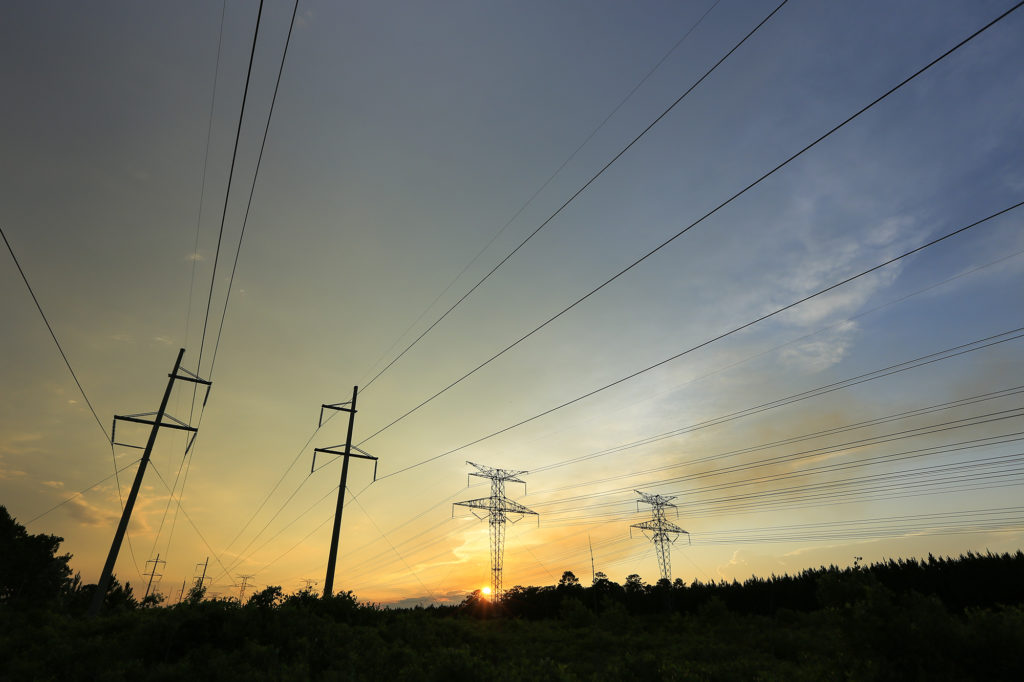
As the Trump administration proposes to withdraw the Clean Power Plan, electric cooperatives will work with the Environmental Protection Agency toward “sound regulation” with the durability and flexibility necessary to provide affordable and reliable electricity to their millions of members, NRECA CEO Jim Matheson said.
“We look forward to working with the administration and other stakeholders on solutions that protect our environment, promote the diversity of our energy supply and bolster rural America,” Matheson said. “America’s not-for-profit electric cooperatives need flexibility and a common-sense regulatory framework that provides long-term certainty to meet their members’ energy needs.”
EPA Administrator Scott Pruitt issued a notice of proposed rulemaking on Oct. 10 proposing to repeal the Obama administration’s Clean Power Plan. The regulation, never implemented, sought to reduce carbon dioxide emissions from coal-based generation as a means to control climate change.
Once published in the Federal Register, EPA’s proposal will commence a 60-day public comment period and begin a new rulemaking process. The agency said that it has not determined whether it will draft another rule under the Clean Air Act to regulate greenhouse gas emissions from existing power plants. EPA’s effort to replace the CPP must culminate with a final rule.
The repeal notice includes legal arguments, policy implications and a summary of a cost-benefits analysis of the proposed repeal plus an in-depth regulatory impact analysis.
The administration is taking “a critical step toward replacing the Clean Power Plan with a sound regulation that adheres to decades of EPA precedent while providing much-needed flexibility and certainty,” Matheson said.
NRECA data shows that electric co-ops across the country have been decreasing their carbon footprint while meeting growing demand. Since 2005, co-ops have increased generation by 15 million megawatt-hours yet reduced carbon dioxide emissions by nearly 10 percent through billions of dollars in investments in renewable technology, energy efficiency and other practices.
“Electric co-ops are dedicated to a healthy environment, vibrant rural communities and prioritizing the needs of their members. These factors, along with market forces, are driving co-ops to enhance the diversity of their electric generating portfolio to affordably and reliably meet their members’ energy needs,” Matheson said.
NRECA, along with several states and industry interests, challenged the Clean Power Plan before the U.S. Court of Appeals for the District of Columbia Circuit in 2016. Matheson said the rule would result in many premature coal plant retirements and hit “not-for-profit, consumer-owned electricity providers and their members especially hard.”
Matheson on NPR Oct. 10 underscored that point and the need for the administration to allow co-ops the flexibility to do what is right by their members and to uphold regulations that protect the electric grid. “We want clarity and certainty in the long run,” he said.
Cathy Cash is a staff writer at NRECA.